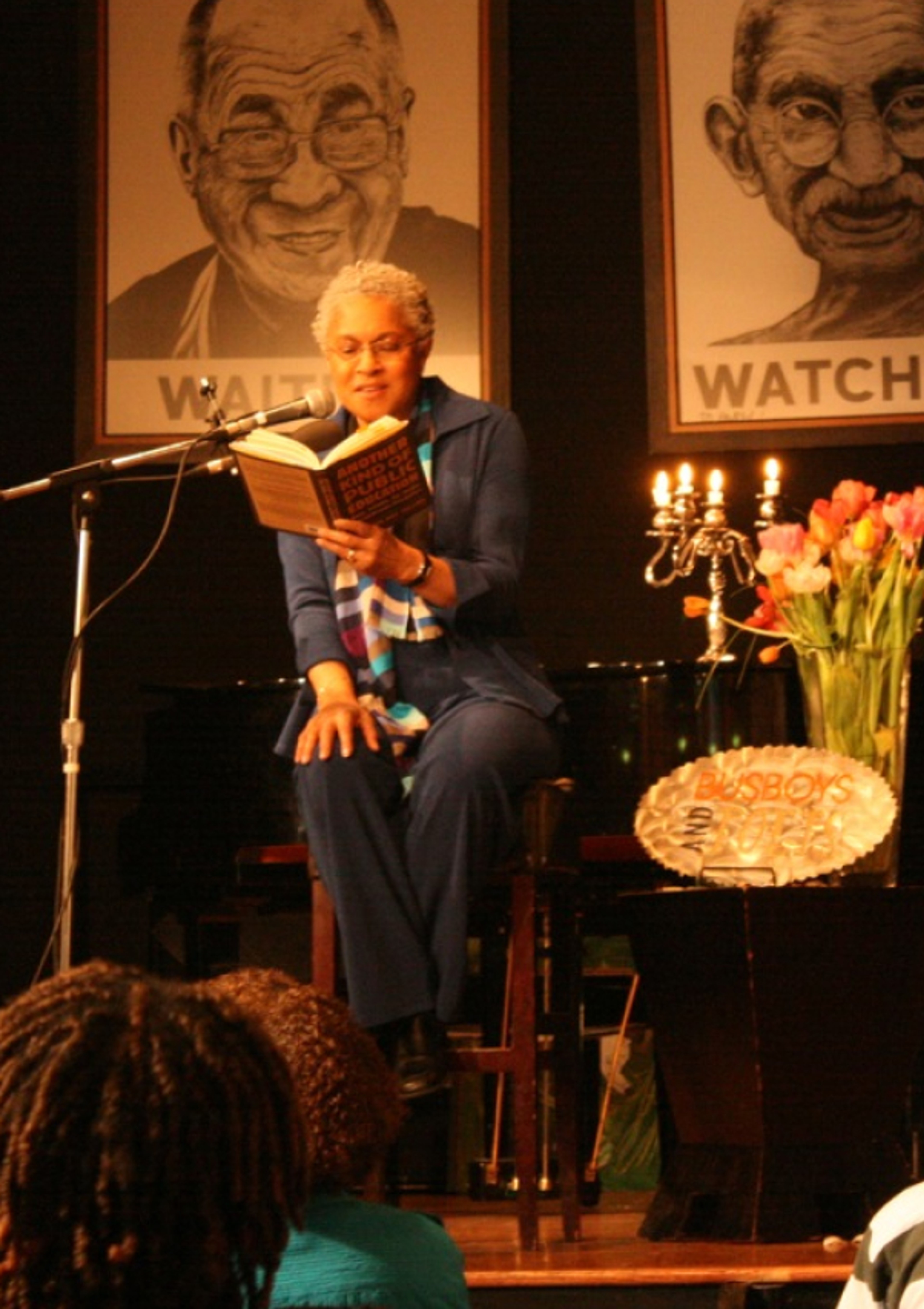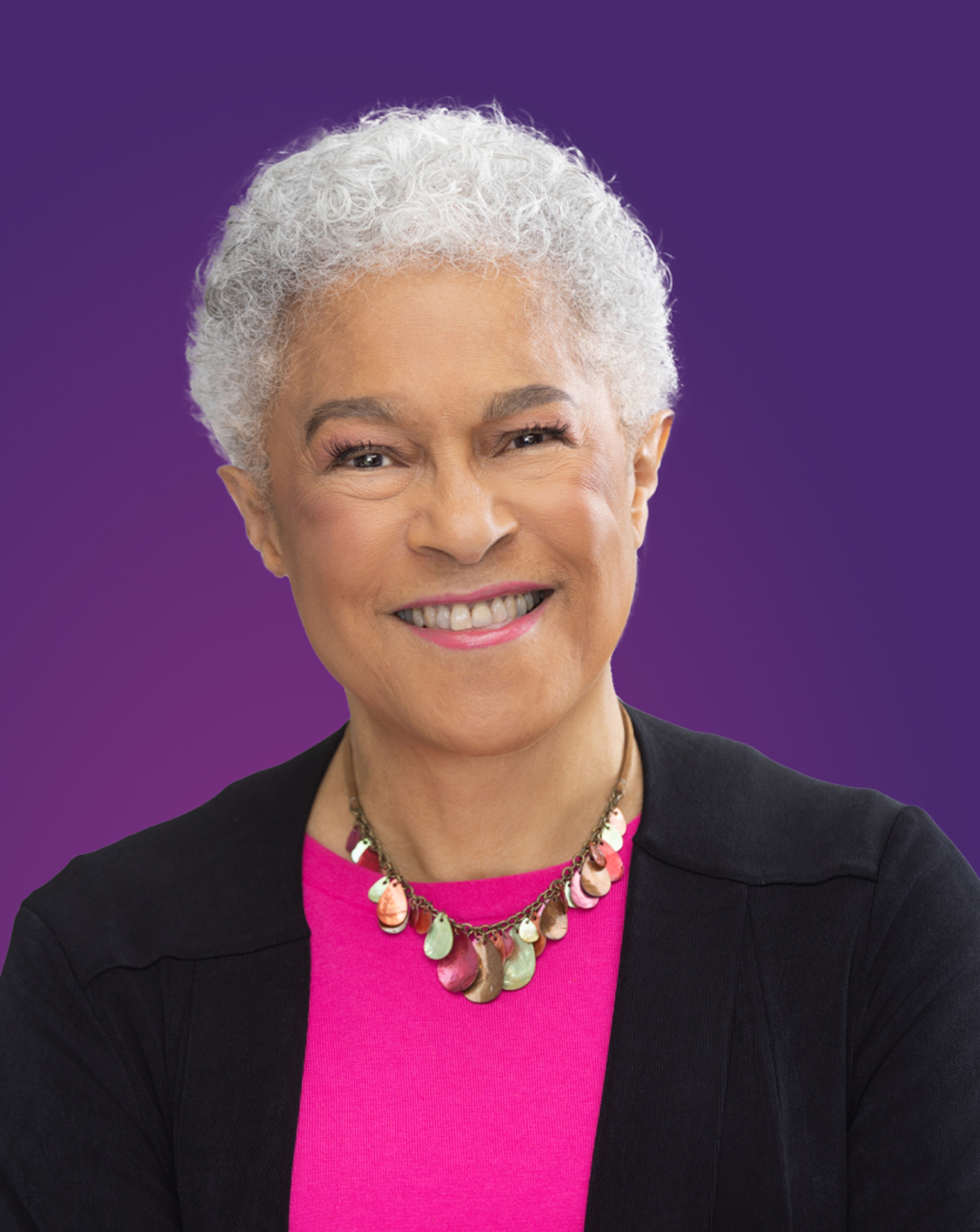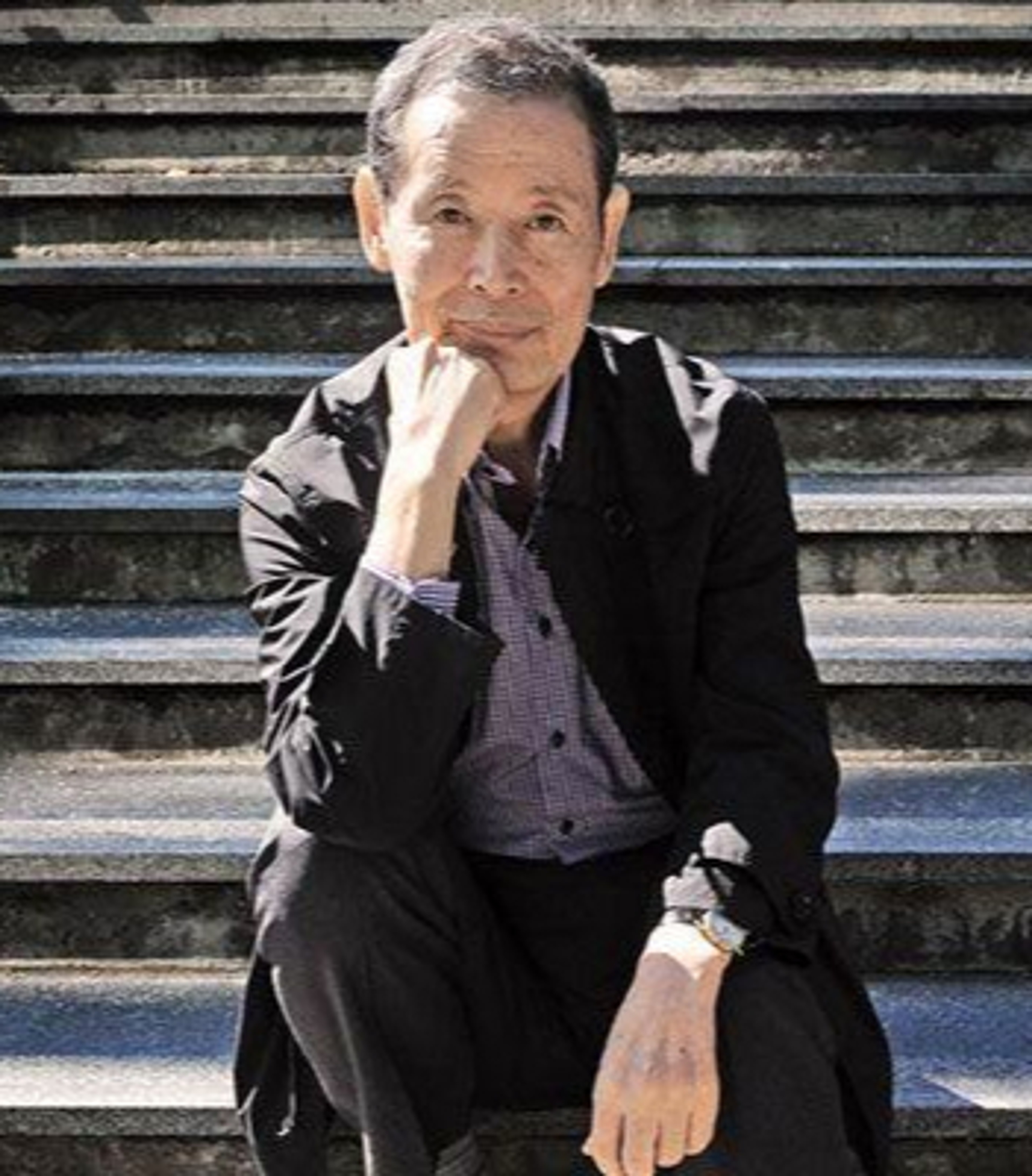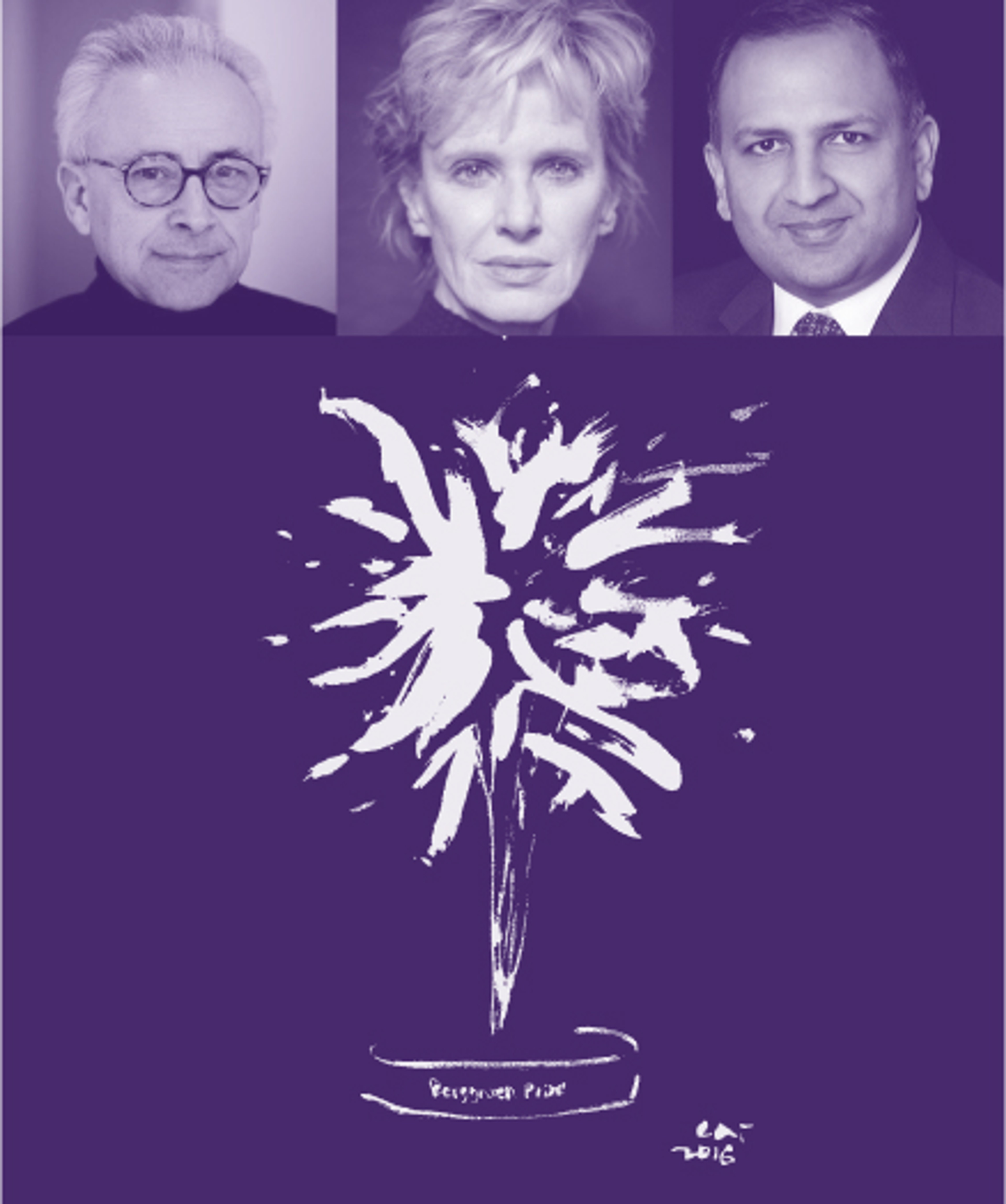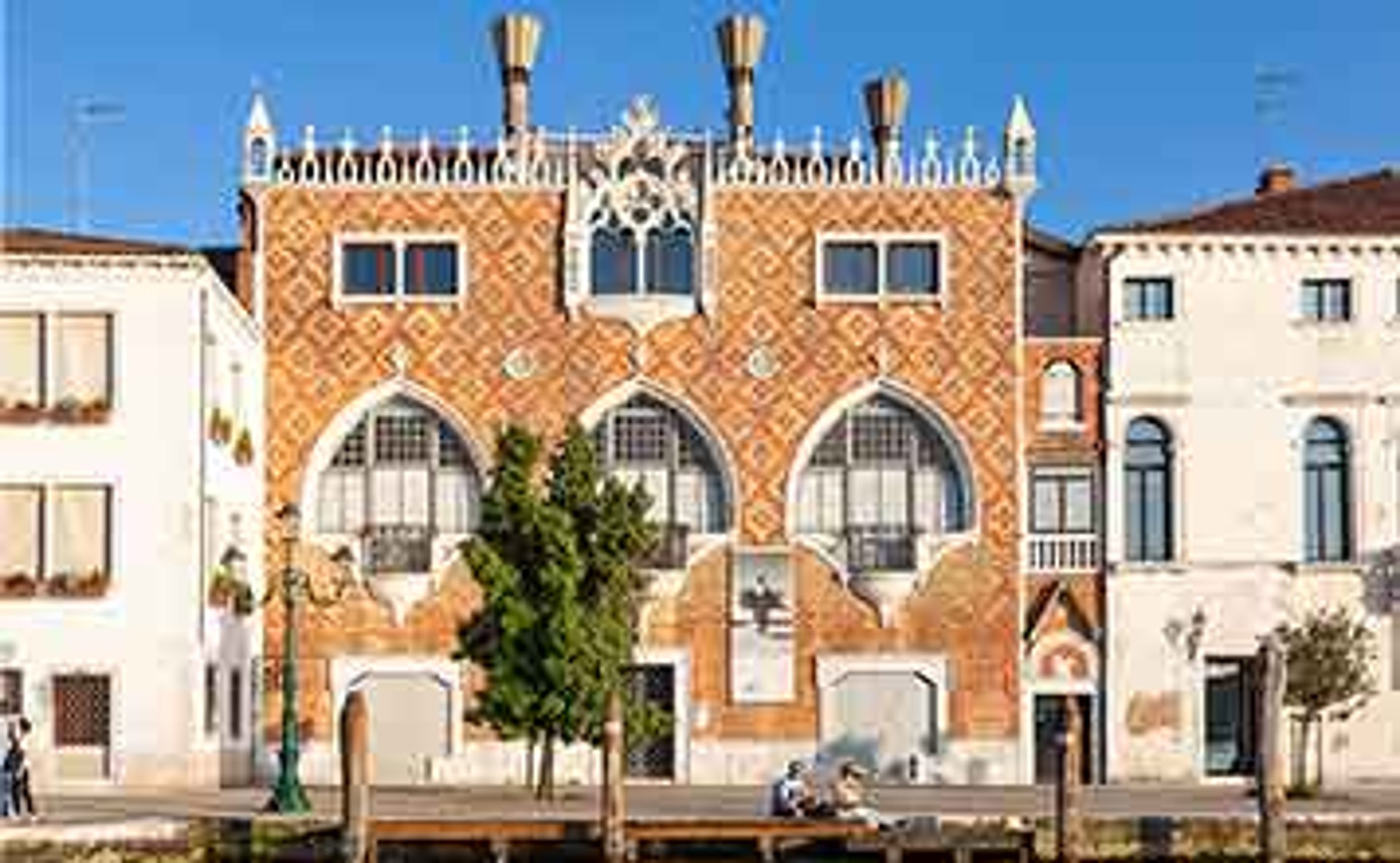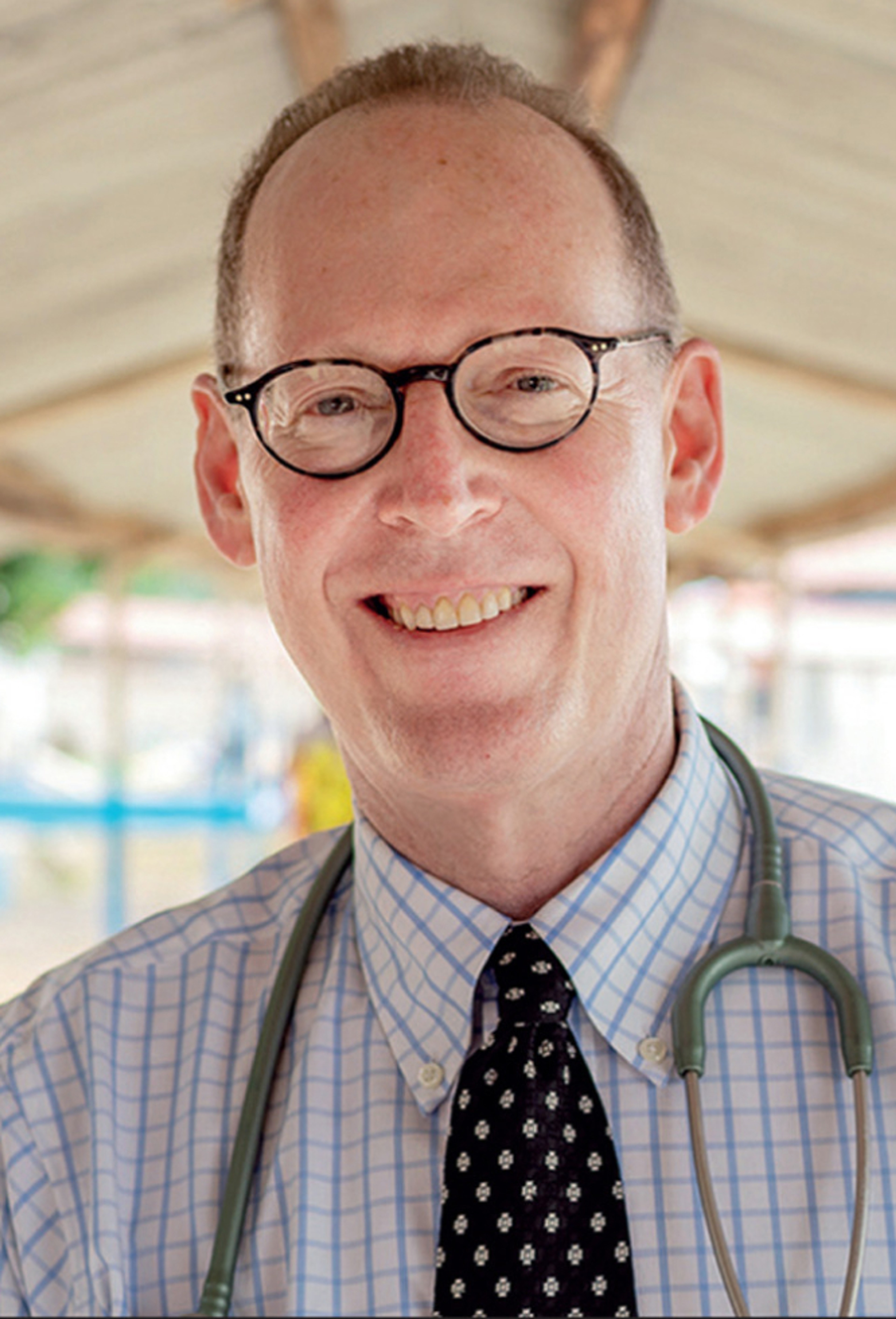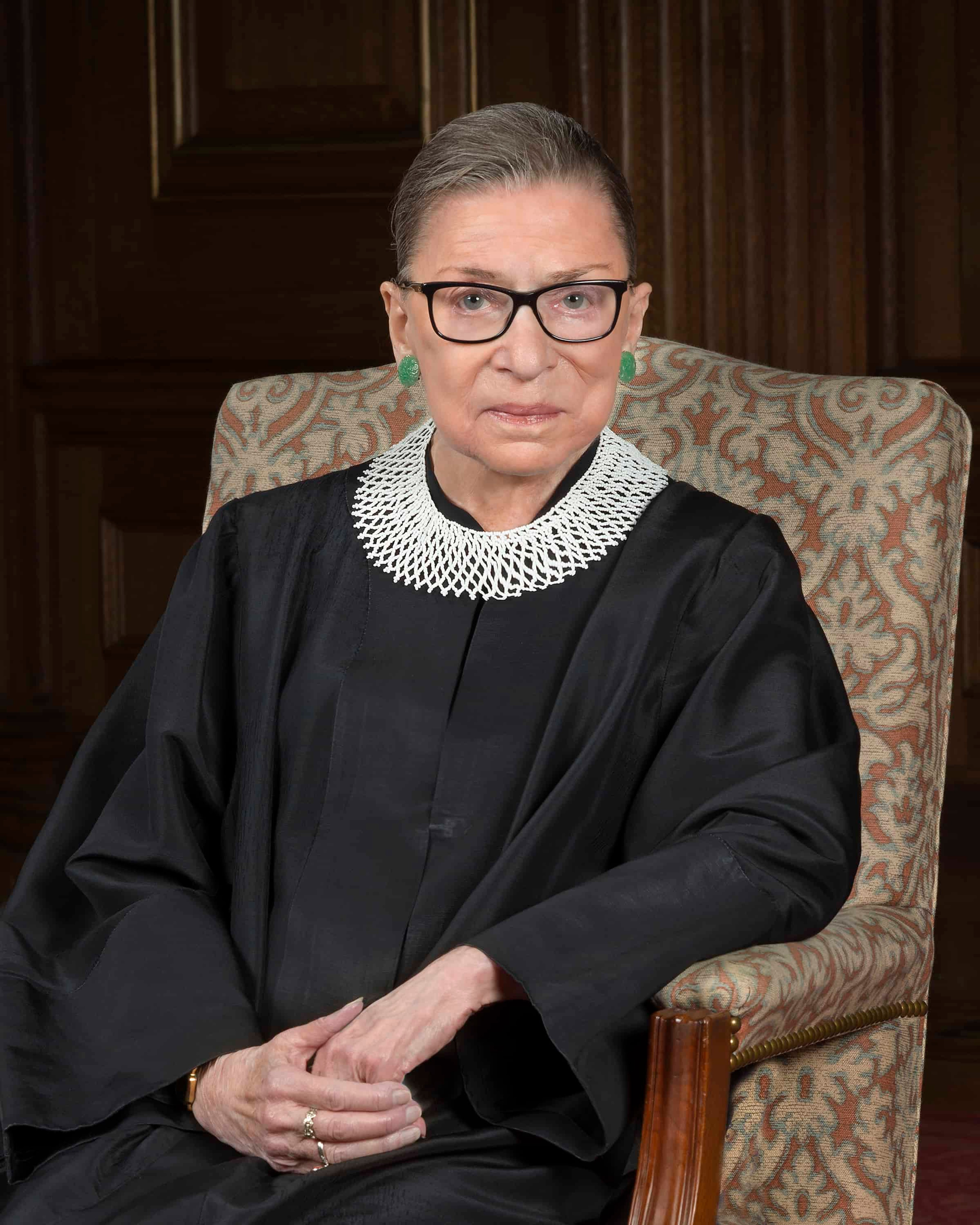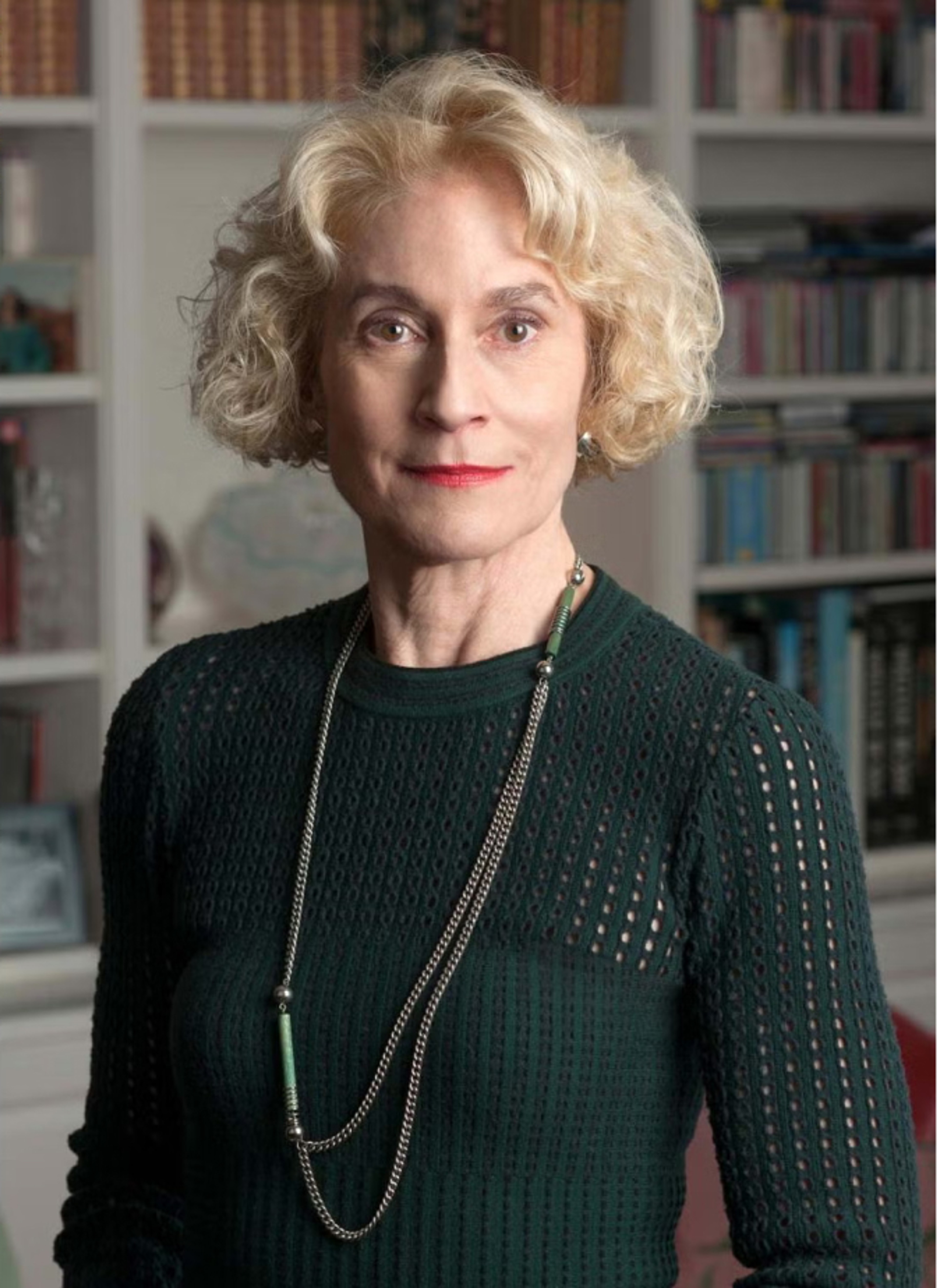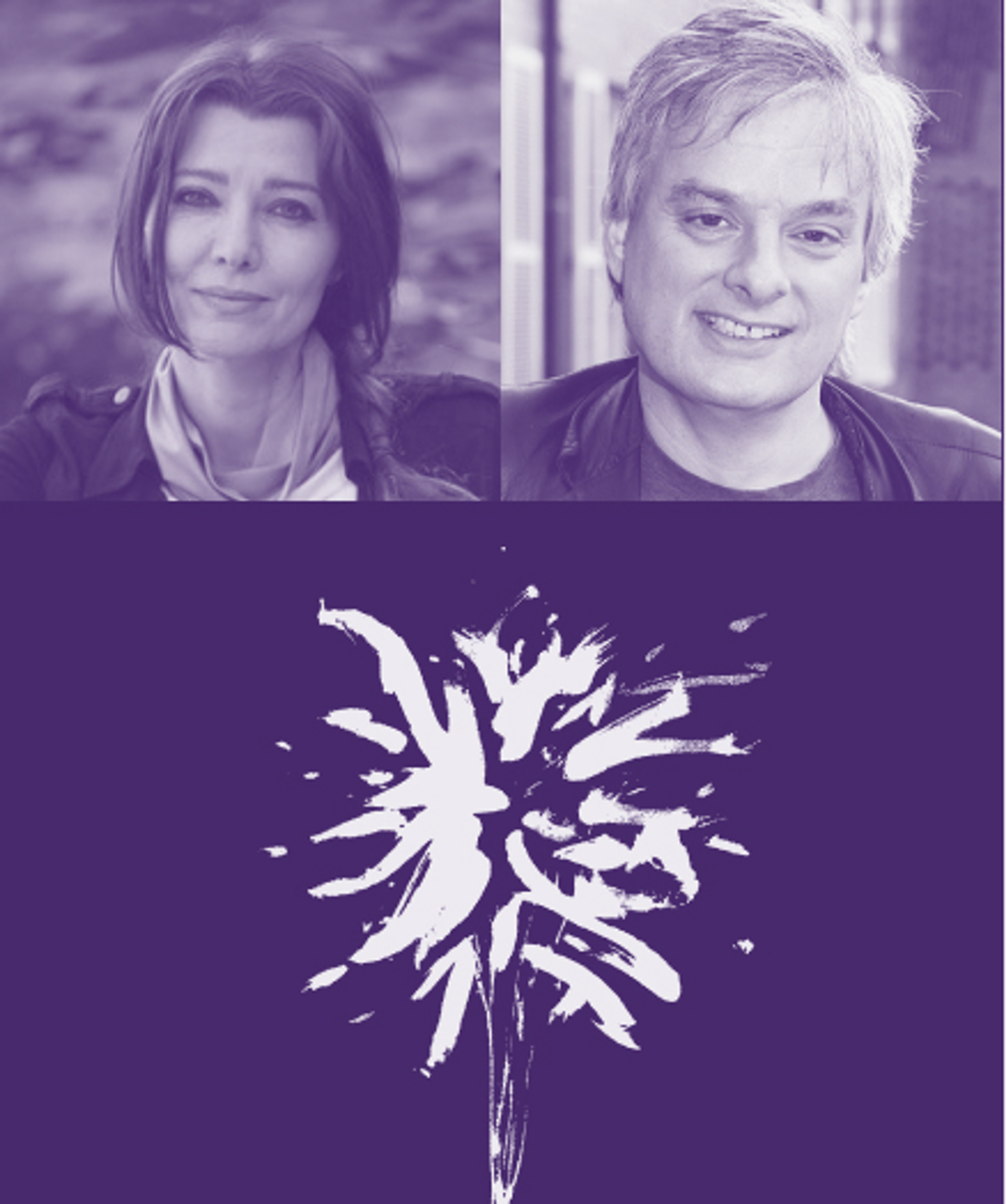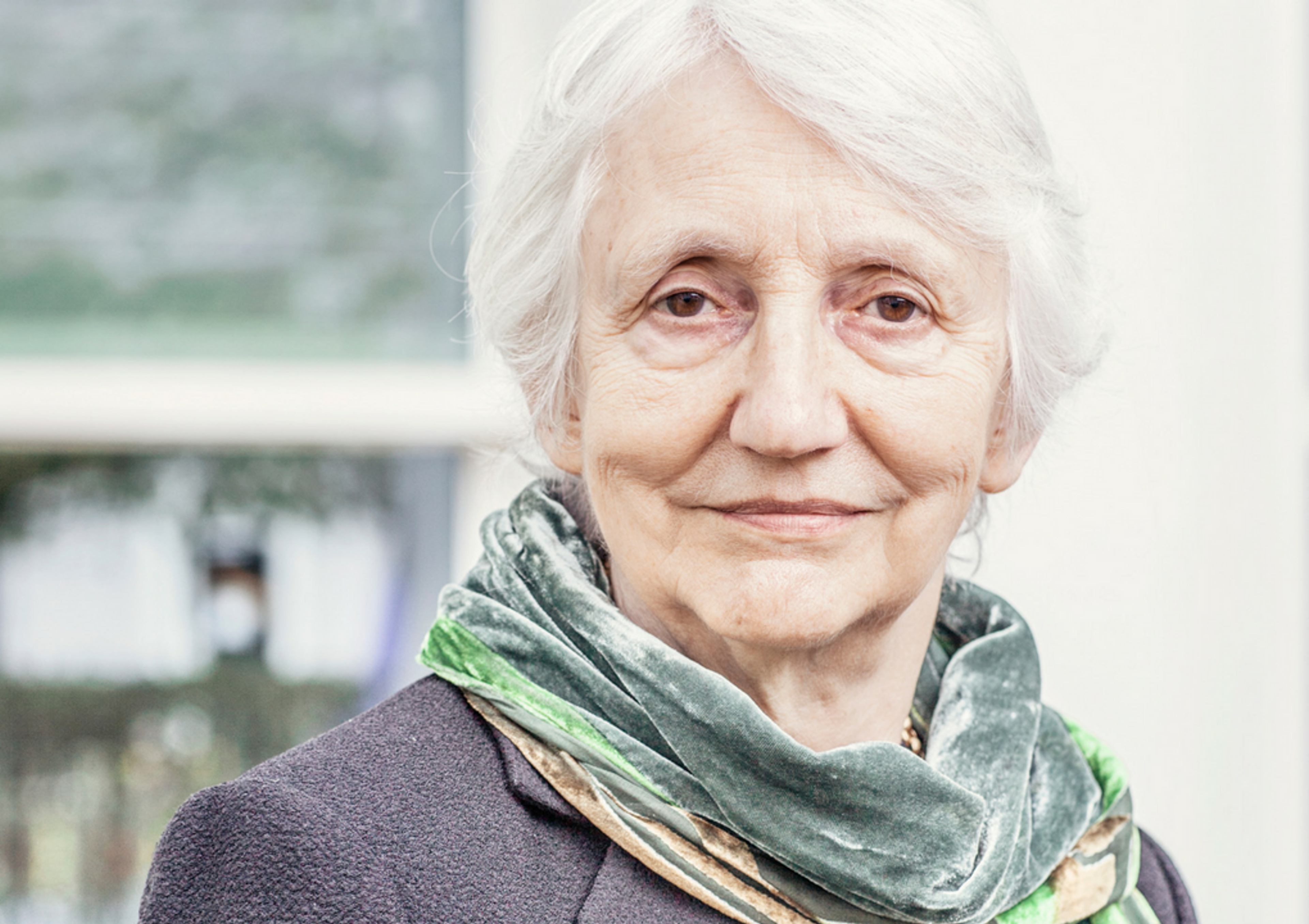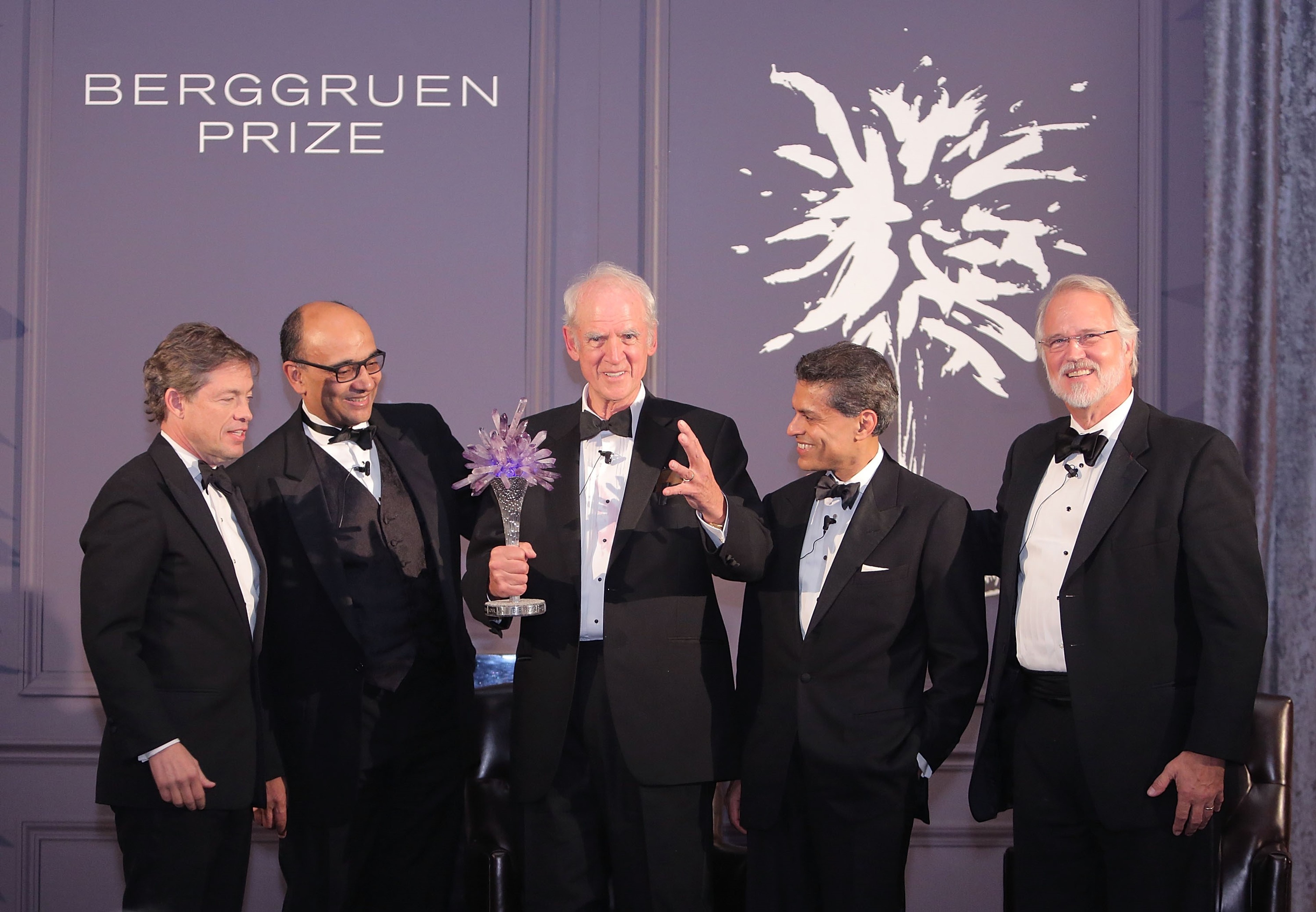Berggruen Institute Launches Philosophy and Culture Center, and announces the annual $1 million Berggruen Philosophy Prize
Partners with Major Universities and Institutions in U.S., the UK, and China to Launch Philosophy and Culture Center.
The Berggruen Institute, an independent, non-partisan “think and action tank” (based in Los Angeles), today announced the launch of the Berggruen Philosophy and Culture Center. The Center – which will be advised by academic and advisory boards of some of the world’s leading thinkers (full list below) – seeks to develop fresh thinking across cultures and disciplines.
Much like the Berggruen Governance Center has done in its political work, the Philosophy and Culture Center will convene the best minds and most authoritative voices from different cultural backgrounds and disciplines to accomplish its mission. The Berggruen Institute has historically worked on political thinking and is now expanding to understand the origins of these traditions, looking at their philosophical and cultural roots.
Announcing the launch, Nicolas Berggruen, chairman of the Berggruen Institute, remarked, “Ideas shape our humanity, therefore understanding their origin and political traditions are critical to producing long-lasting change for a better world.” Berggruen added, “In a rapidly globalizing yet increasingly fractured world, we aim to close the gap that has been widened by narrow views.”
The Berggruen Philosophy and Culture Center aims to realize its mission via four core initiatives:
- Cross-Cultural and Multi-Disciplinary Work. Projects engage Asian and Western cultures in a multi-disciplinary way around important and influential themes. The initial topics will be:
- The Future of Political Governance: Democracy and Meritocracy
- The Autonomous Self and Relational Self
- Harmony and Freedom
- Equality and Hierarchy
- Humans and Technology
- Sustainable Innovation
- A Global Fellowship Program. Understanding different cultures and ways of life depends on extended exposure to other societies. To this end, the Center will sponsor a unique fellowship program that will give thinkers the opportunity to study, work and live at leading universities in China, the United States, and the United Kingdom initially, including, Harvard University’s School of Divinity, Stanford University’s Center for Advanced Study in the Behavioral Sciences (CASBS), UCLA, NYU, University of Cambridge, Tsinghua University and Peking University. The Program is also supporting research at the University of Southern California (USC) Brain and Creativity Institute under the guidance of Dr. Antonio Damasio.These efforts will result in symposia, video and written materials including articles and books.
- The annual $1 Million Berggruen Philosophy Prize. The prize will reward a living thinker whose ideas have deeply influenced our world. Numerous prizes are rightly awarded for invention and achievement in science and the arts, but few prizes recognize ideas that have broader philosophical and cultural impact. An independent and diverse jury composed of leading thinkers will award the prize. The first prize is expected to be awarded presented in the Fall of 2016.
- The Aspen – Berggruen Ideas Contest. Looking to the future, which ideas will do the most to shape our world over the next few decades? The Aspen – Berggruen Ideas Competition will be organized annually to identify and further research ideas that will meaningfully impact the way we think and live. The first competition is expected to take place in the Summer of 2016.
The work of the Berggruen Philosophy and Culture Center begins immediately with its inaugural cohort of six Berggruen Fellows, from the US and Asia. Fellows will be selected each year from around the world and will work on a chosen theme for up to two years. The first Berggruen Fellows will spend the 2015-16 academic year at Stanford University as part of the CASBS fellowship program, to be followed by the 2016-17 academic year at both Tsinghua and Peking Universities in Beijing, China. (A full list of the first class of Berggruen Fellows appears below.)
“What is different about this program is that our fellows will have the unique opportunity to study, live and produce work at major universities, initially in the U.S., U.K., and China,” said Daniel Bell, Director of the Philosophy and Culture Center and Tsinghua University Professor.
“It is wonderful that there is going to be a newly established Berggruen Institute for the study of philosophy and culture with a focus on global relevance and application. It should meet a huge gap in the intellectual world of bringing well-reasoned ideas to bear on practical affairs of crucial importance,” stated Amartya Sen, a member of the Center’s Advisory Board and Philosophy Prize Jury.
“In the world of uncertainty, we need to learn more about you and I, and the Philosophy and Culture Center can help,” said Wang Hui, professor at Tsinghua University and a member of the Center’s Academic Board and the Philosophy Prize Jury.
“The Center for Advanced Study in Behavioral Sciences at Stanford University is so pleased to welcome the inaugural Berggruen Fellows as part of the CASBS class of 2014-15. We are excited by the important scholarship and the diverse perspectives they represent; we are confident that the work they produce will seriously advance thinking and research on wicked but important cross-cultural issues,” said Margaret Levi, CASBS Director and member of the Center’s Advisory Board.
“The Center’s commitment to deepening our understanding across cultural and political barriers is critical in an increasingly fragmented world. That makes the Berggruen Institute a natural partner of the Aspen Institute. We are excited to work with the Philosophy and Culture Center in the creation of the Aspen Berggruen Ideas Competition,” said Walter Isaacson, the President of the Aspen Institute.
“Economic and social policies are profoundly influenced by cultural, philosophical and religious factors. Even in relatively homogeneous contexts, such as the European Union, divergences in these underlying factors may explain persistent difficulties in forging common policies. The Berggruen Philosophy and Culture Center will shed light on such crucial, though often neglected, fundamental aspects,” said Mario Monti, President of Bocconi University in Milan, former Prime Minister of Italy and former European Commissioner for the Single Market.
“As our global society evolves, it is critical that we advance our own understanding of the cultures, principles and beliefs that define us as individuals and as nations,” stated Sir Leszek Borysiewicz, the Vice Chancellor of the University of Cambridge, and a member of the Center’s advisory board and of the Philosophy Prize Jury. “Universities need to be central to this effort and that is why I am excited to be involved as a partner with the new Berggruen Philosophy and Culture Center that will bring together leading institutions and academics from across the world to help drive forward a new wave of thinking in this area.”
“Unprecedented advances in the sciences and technology offer a new enlightenment and open the way for a flourishing humanity. And yet, the fragmentation of the social fabric worldwide, promise the very opposite. Philosophical reflection may well help us navigate the developing storm,” said Antonio Damasio, Dornsife Professor of Neuroscience and Director, Brain and Creativity Institute, University of Southern California, Los Angeles
“Forty years of criss-crossing the world has led me to suspect that the world isn’t growing smaller; if anything, the differences, the distances between us are growing greater than they’ve ever been, in part because of the illusion of closeness or familiarity. I’m thrilled and hugely relieved, therefore, that the Berggruen Center of Philosophy and Culture is rising to the challenge of bringing us the ideas of other places, and of rooting those ideas in living realities,” said Pico Iyer, member of the Center’s advisory board.
Advisory Board
- Jacques Attali – Author, President of PlaNet Finance and former President of the European Bank for Reconstruction and Development
- Daniel Bell – Director, Philosophy and Culture Center, Berggruen Institute, and Chair Professor of the Schwarzman Scholars program at Tsinghua University
- Gene Block – Chancellor and Chief Executive Officer, UCLA
- Leszek Borysiewicz – Vice-Chancellor of the University of Cambridge
- Ronnie Chan – Chairman, Hang Lung Group, co-Chairman of Asia Society
- James Cuno – CEO and President of the J. Paul Getty Trust
- Antonio Damasio – Dornsife Professor of Neuroscience and Director, Brain and Creativity Institute, University of Southern California, Los Angeles
- Alain de Botton – Writer
- Francis Fukuyama – Olivier Nomellini senior fellow at the Freeman Spogli Institute for International Studies
- Nathan Gardels – Senior Advisor at Berggruen Institute, Editor-in-Chief of TheWorldPost, Editor of New Perspectives Quarterly
- Timothy Garton Ash – Professor of European Studies at the University of Oxford
- Michael Govan – Los Angeles County Museum of Art CEO and Wallis Annenberg Director
- Amy Gutmann – President of the University of Pennsylvania
- Chaibong Hahm – President of the Asan Institute for Policy Studies in Seoul
- David Hempton – Dean of the Harvard Divinity School
Advisory and Academic Board Membership
- Pico Iyer – Author, Essayist, Distinguished Presidential Fellow at Chapman University
- Robert Kuhn – Creator, Writer, Host and Executive Producer of Closer To Truth
- Margaret Levi – Director, CASBS at Stanford University
- Kishore Mahbubani – Dean and Professor of Public Policy in the Lee Kuan Yew School of Public Policy at NUS
- Pankaj Mishra – Writer
- Mario Monti – President of Bocconi University in Milan, former Prime Minister of Italy and former European Commissioner for the Single Market
- Rebecca Newberger Goldstein – Professor of Philosophy at New College of the Humanities, London
- Michael S. Roth – President of Wesleyan University
- Kevin Rudd – Former Prime Minister of Australia, Head of the Asia Society Policy Institute in New York City
- Michael J. Sandel – Anne T. and Robert M. Bass Professor of Government at Harvard University
- Orville Schell – Arthur Ross Director of the Center on U.S.-China Relations at the Asia Society in New York
- Amartya Sen – Thomas W. Lamont University Professor, Professor of Economics and Philosophy, Harvard University
- John Sexton – President of New York University
- Jianmin Wu – Executive Vice Chairman of China Institute for Innovation and Development Strategy
- George Yeo – Chancellor of Nalanda University and former Minister of Foreign Affairs, Singapore
- Fareed Zakaria – Journalist, CNN Anchor
- Lei Zhang – Chairman and CEO of Hillhouse Capital Management Group, Ltd
- Bijian Zheng – Director, Academic Committee of the Central Party School in China
Academic Board
- Roger Ames – Professor of philosophy and editor of “Philosophy East & West” at University of Hawai‘i
- Stephen C. Angle – Professor of Philosophy and Chair of the College of East Asian Studies at Wesleyan University
- Kwame Anthony Appiah – Professor of Philosophy at NYU
- Julian Baggini – Founding Editor of The Philosophers’ Magazine
- Tongdong Bai – Dongfang Chair Professor at the School of Philosophy at Fudan University
- Zvi Ben-Dor Benite – Professor of History, Middle Eastern and Islamic Studies at NYU
- Rajeev Bhargava – Director of the Institute of Indian Thought at the Centre for the Study of Developing Societies (CSDS) in Delhi
- Luc Ferry – Philosopher, former Minister for Youth, National Education and Research in France
- John Gray – Philosopher
- Jens Halfwassen – Professor of philosophy at the University of Heidelberg, Germany
- Francois Jullien – Philosopher
- Anton Friedrich Koch – Professor of Philosophy at University of Heidelberg
- Chenyang Li – Associate Professor of Philosophy at Nanyang Technological University, Singapore
- Lydia Liu – Wun Tsun Tam Professor in the Humanities, Columbia University
- Stephen Macedo – Professor of Politics at Princeton University
- Josiah Ober – Mitsotakis Professor of Political Science and Classics, Stanford University
- Thomas Sheehan – Professor of Religious Studies at Stanford
- Alison Simmons – Samuel H. Wolcott Professor of Philosophy and Harvard College Professor at Harvard University
- Peter Sloterdijk – Philosopher
- Galen Strawson – Philosopher
- Justin Tiwald – Associate Professor of Philosophy at San Francisco State University
- Weiming Tu – Director of the Institute for Advanced Humanistic Studies at Peking University
- Michael Walzer – Professor Emeritus of Social Science at Princeton University
- Hui Wang – Director of the Tsinghua Institute for Advanced Study in Humanities and Social Sciences in Beijing
- Melissa Williams – Professor of Political Science, University of Toronto
- Bin Wong – R. Bin Wong, Director of the UCLA Asia Institute and Distinguished Professor of History
- Xudong Zhang – Professor of Comparative Literature and Professor of East Asian Studies at New York University
Berggruen Philosophy and Culture Center Fellows
The inaugural cohort of eight Berggruen Fellows (full bios are available online here) are:
- Roger Ames (Manoa, Hawai’i) – Professor of philosophy and editor of “Philosophy East & West” at University of Hawai‘i at Manoa
- Stephen Angle – Professor of Philosophy and Chair of Wesleyan University’s new College of East Asian Studies
- Rajeev Bhargava – Director of the Institute of Indian Thought at the Centre for the Study of Developing Societies (CSDS) IN DELHI
- Yi-Huah Jiang – Former Premier of the Republic of China, former Professor at National Taiwan University
- Chenyang Li – Associate Professor of Philosophy at Nanyang Technological University, Singapore, where he founded and directs the Philosophy program
- Jin Li (Providence, Rhode Island) – Professor of Education and Human Development at Brown University
- Anna Sun – Associate Professor of Sociology and Asian Studies at Kenyon College
- David Wong – Susan Fox Beischer and George D. Beischer Professor of Philosophy at Duke University
Berggruen Philosophy Prize Jury
- Kwame Anthony Appiah – Professor of Philosophy at New York University
- Leszek Borysiewicz – Vice-Chancellor of the University of Cambridge
- Antonio Damasio –Director, Brain and Creativity Institute at the University of Southern California
- Amartya Sen – Nobel Laureate, Thomas W. Lamont University Professor, Professor of Economics and Philosophy at Harvard University
- Alison Simmons – Samuel H. Wolcott Professor of Philosophy and Harvard College Professor at Harvard University
- Michael Spence – Nobel Laureate, William R. Berkley Professor in Economics & Business at New York University, Philip H. Knight Professor Emeritus of Management in the Graduate School of Business at Stanford University
- Wang Hui – Professor in the Department of Chinese Language and Literature and the Department of History at Tsinghua University, Director of the Tsinghua Institute for Advanced Study in Humanities and Social Sciences
- George Yeo – Chancellor of Nalanda University and former Minister of Foreign Affairs, Singapore


